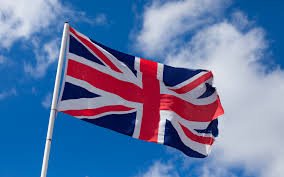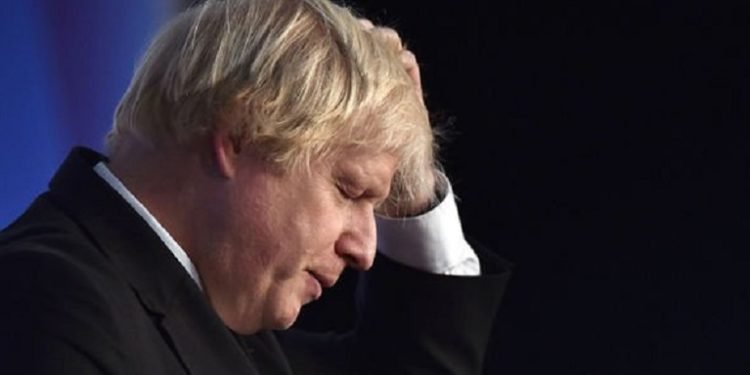UK has been deeply affected by the lockdown, imposed in an effort to curtail the spread of Covid-19 in the country. UK had initiated lockdown measures later than other countries, and relaxed the lockdown rules at lower pace.
The Office for National Statistics (ONS) said gross domestic product (GDP), fell in the second quarter by 20.4% compared with the previous three months. This is the biggest quarterly decline since comparable records began in 1955.
The steep plunge in the second quarter followed a 2.2% decline recorded in the first quarter, the figures confirm the UK economy has plunged into recession, for the first time in 11 years.
Economists consider two consecutive quarters of shrinking GDP as the technical definition of a recession.
ONS said the pandemic had erased 17 years of economic growth in only two quarters with the level of GDP taken back to the equivalent position in June 2003.
The number of workers on company payrolls fell by 730,000 between March and July, largely due to cutbacks by employers hit hard by the Covid-19 pandemic.
There were also drops in pay with levels including bonuses down 1.2% and regular pay down 0.2%, the first negative reading since records began in 2001.
Have you read?
- U.S GDP plunge by a record 33% in second quarter of 2020
- Gold price continues to fall as investors shift attention to risk assets
Rishi Sunak, the chancellor, said: “I’ve said before that hard times were ahead and today’s figures confirm that hard times are here. Hundreds of thousands of people have already lost their jobs and, sadly, in the coming months many more will. But while there are difficult choices to be made ahead, we will get through this and I can assure people that nobody will be left without hope or opportunity.”
According to ONS, the decline in the second quarter that brought about the deepest recession since records began was widespread, with a dramatic plunge in output across the services, production and construction industries.
Key changes
- The services sector, which includes hotels, restaurants and finance recorded a 19.9% decline on the quarter,
- Construction sector declined by 35%.
- The production industries, which include manufacturing, mining and energy provision fell by 16.9%.
Spending in the economy by households and businesses plunged by a quarter as lockdown measures forced people to stay at home, shops closed, building sites fell idle and factories paused production.
However, monthly figures show that Britain’s economy continued to recover from the pandemic in June, due to gradual easing of the lockdown measures, and improved demand fuelled a rise in consumer spending. GDP grew by 8.7% in June compared with the previous month.
Jonathan Athow, the deputy statistician for economic statistics at the ONS, said: “The recession brought on by the coronavirus pandemic has led to the biggest fall in quarterly GDP on record.
“The economy began to bounce back in June, with shops reopening, factories beginning to ramp up production and housebuilding continuing to recover. Despite this, GDP in June still remains a sixth below its level in February, before the virus struck.”
Written by
Ifunanya Ikueze

























































